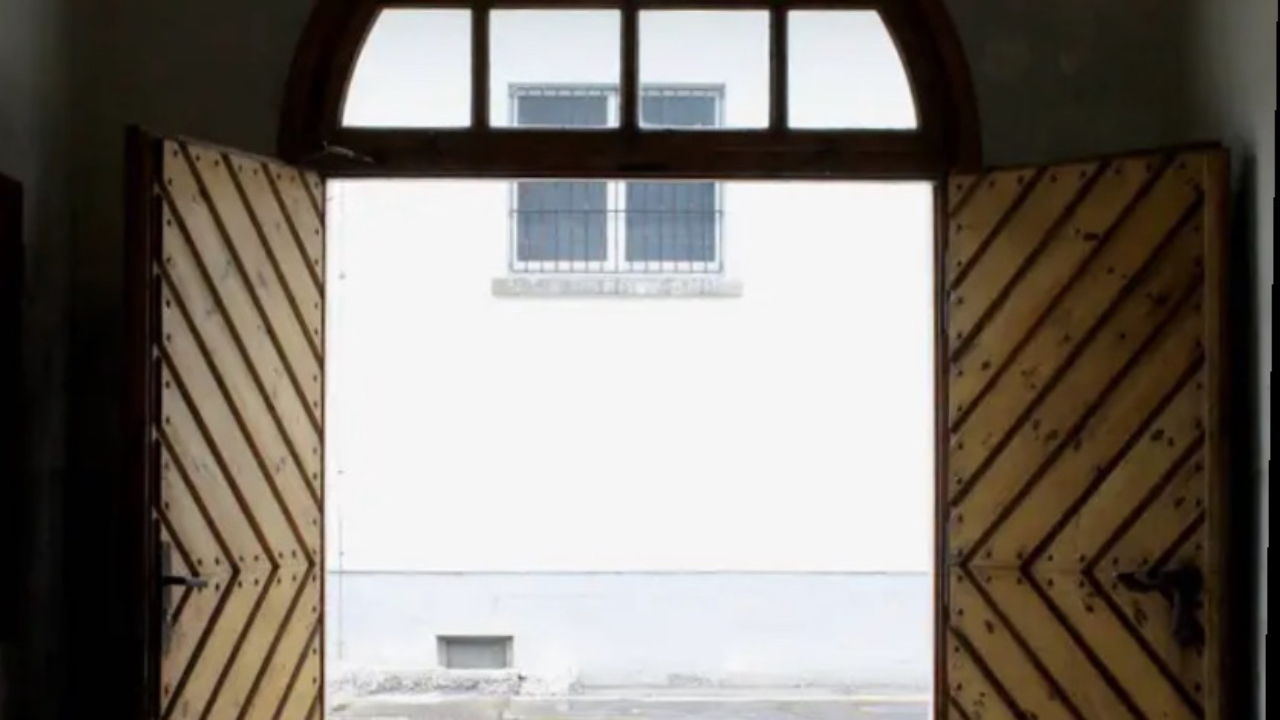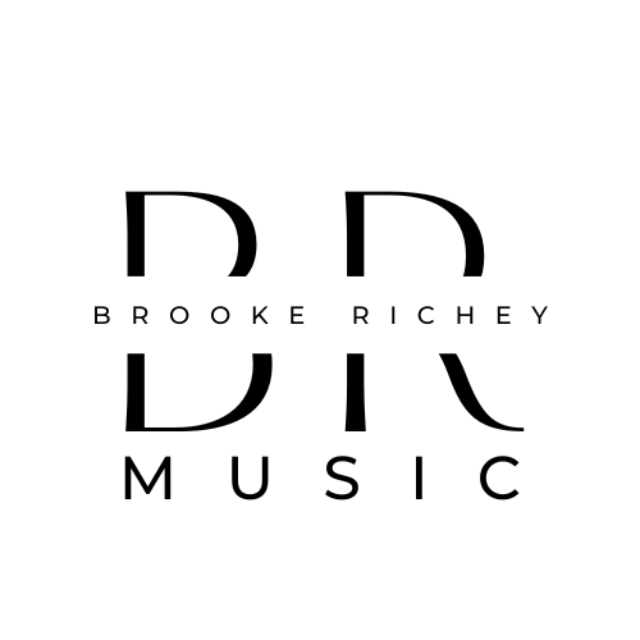Living Between Two Worlds
Oct 15, 2025
In the late summer of 2016, I went to Dachau Concentration Camp while on a 2 month trip across Europe.
The moment you see the camp as you are rolling in on the bus is when you feel the shift.
It’s an immediate drop in a sense of good in the air. Suddenly, you are in a different, dark, world. You feel isolated, just by being there. You feel small and a feeling of unworthiness comes up. The additions to the camp, like the visitor center, the dozens of poster boards with history buff on them — updates made outside of the time period of what the camp was used for — those feel like a blur. Present day and history in one space of existence. And you stand there in the middle of it. You enter, and you are free to leave.
I remember looking at the ground as I walked over the pavement in front of the visitor center, then crossing over the gravel, looking up only to glance at the metal gate. It was raining, there were puddles of water here and there. I remember being mindful of these because I was wearing shoes that were breathable, not waterproof. My feet would end up cold and wet if I stepped in one, and we had a long day ahead.
As I walked toward the gate, looking past it, inward, I got this sense of, “this is really, real.” Eyes opening wide, looking at a glimpse of world history, another side of my understanding of what it means to have some German roots: "This place is real. The history is real. The victims and survivors are real. I don’t, understand.”
I never had any doubt of it. I knew it was all true. I read Anne Frank’s Diary in middle school. But also, we moved a lot when I was a kid and every time we moved, we would pack up my dad’s books. In his collection of books — which was extensive — were books on the nature of evil and The Holocaust, used for his doctorate program. I don’t know why, but for some reason these were the only books that stuck out to me, every time we packed, unpacked and then stacked them back onto the shelf. There was one in particular, with a binding 2.5 inches thick and charcoal grey color, that’s imprinted in my memory. Having picked it up one time around the age of 15 in our garage, the title printed on the spine read: “The Holocaust”.
I must of picked that book up while in the midst of my own literature class, where we read Night, by Elie Wiesel, and Maus, by Art Spiegleman. That teacher was probably one of the greatest teachers I ever had: she taught us about the harsh realities of the world through the vein of literature. She was a little hard-headed, but for good reason. She cut the fluff, always. I liked that about her although it was intimidating. She saw her job being a teacher as an opportunity to save lives — by means of voicing the truth of the world through her choices of high school literature for us to study. Down to earth. Real.
So what I didn’t understand was this scenario of connection. My dad’s parents, Lester and Karine, were the epitome of love. When my grandfather passed away, he waited until my grandmother was by his side. My grandmother, the full German of the two (with our roots going back to Russia), died within 6 months after his passing. She couldn’t go on without him (she was also insanely bitter that he went first since she was older by 7 months). With regard to an example of a loving partnership that lived a fruitful 59 years — they were the best example of love and partnership I’d ever known. So how was it, that all I knew was love from my German-side, and yet, I found myself walking through Dachau Concentration Camp, bewildered by the horror, that just by mere association of ethnicity, I was connected to.
What you might not understand, immediately upon entering the gates of Dachau as a part-German individual (in my case), is the answer to the question: How does this world history fit into my story? How has it shaped my life, if it has? I will say, that immediately upon entering the gate, walking under the words of the lie, "Arbeit macht frei" -- I realized the need to ask myself, “Am I connected to the evil?” You might wonder this, if you care about where you came from, where you’re headed, and how you can create positive impact in the world we live.
Dachau Concentration Camp was one of the camps that imprisoned political leaders, homosexuals, and anyone who posed as “indifferent” to Nazi rule. Along with the prison cells, there was also the maintenance building and the barracks. (Dachau’s barracks were demolished after liberation. Eventually replica’s were built when leading officials decided that visitors should be able to see and feel the conditions that enslaved Jews were forced to sleep in). When I visited the camp, we went through the maintenance building first, then the prison, and then crossed over the yard to the barracks. In the maintenance building is where I came across a photo of a man with the surname: “Goerrhing”, German: ‘Gohring” — who looked strikingly similar to myself, my dad, and my grandmother, who’s maiden name was Goehring. An image that has been engrained in my memory for the past 9 years, that I haven’t been able to shake. In other words, when you feel a connection, there probably is one. (Edit: I've since reached out to Dachau Exhibit staff -- See the photo of Ludwig here.)
Ludwig Gohring could have been a distant cousin or great-great sort of uncle to my grandmother, Karine Goehring. Names were often misspelled upon registering immigrants and citizens to national registries. Not just this, but there are language spelling differences, where “Gohring” is the German-spelled equivalent to the American English, “Goehring”. Even once, my grandmother was copied down as “Corrine”, not “Karine”. So a blood connection to Ludwig isn’t entirely out of the question.. Especially since there is a clear divide of where my ancestors spread during immigration to the United States. Dating back to 1789, we find Konrad Gohring, who lived and died in Russia. Konrad is my 5th great-grandfather. His son, Mathias, was born in Russia in 1934 and had his death in Berlin, Germany, in 1911. What we know from this is that some extended blood-connection was in Berlin, Germany during the first and second World Wars.
The Ludwig Gohring whose face I found posted in the former cafeteria of Dachau Concentration Camp, was born in Nuremberg, Germany in 1910. While I could never find a direct connection between him and my family, there are some key factors that are pointing toward a genetic connection. Names were regularly passed down within families. One uncle’s middle name would become a great-grandson’s first name — a variety of assignments of the like was pretty standard. There’s the simple fact that he looks like us, and some metaphysical telling, such as his prisoner number being 73, and just after this trip I was gifted a Ludwig baby grand piano. I also found a Ludwig Goehring who showed up to the Dakotas, where my grandmother grew up, sometime after the Second World War, and where the imprisoned Ludwig Gohring was recorded as a victim and survivor from Dachau Concentration Camp. There are also some critical family history facts found in my own family, and another (possibly distant?) Gohring family based in Germany, which have repeated in my life -- the loss of multiple children. There are also two well-known Gohring brothers that were at odd ends about the terror on Jewish people. While one rose to power and served Hitler, the other used his brothers signature to help set Jews free. While I do not know if there is any blood connection to these men, what resonates as true is this: a divided family; a divided nation. Which is the point of this blog post -- we are all here, living between two worlds. Whether we like it or not, that's just how the world operates. It's up to us to communicate, reconcile, and build bridges of connection. It's up to us to stop attacking and killing one another, when we don't understand, when we are angered or enraged. It's up to us, to choose life.
Cause the thing is, when it comes to light and darkness, good and bad, life or death, these are all black and white. You can lean toward one or the other and the further you lean in one direction over the other, the quicker you grow, or the quicker you fall. The tricky part here, is that we're here in the grey, always learning. Things aren't always clear on making decisions or what's best for us, especially if you were taught to betray your own self in your decision making. That's where I say, "return to basics". Ask yourself, point blank, does this create life, growth and connection? Or does it destroy these things? Does it bridge any missing gaps to fully knowing yourself?
Why go to Dachau? Why even bother opening up the possibility that I could have been connected to a gross-injustice of evil? Because gaining understanding of my history was the key to understanding myself when forced to bear a lie from a young age. Uncovering a 15-year suppressed traumatic memory as well, meant unlocking the truth. When you expose the lie and free the truth, the love and life you thought you'd lost comes rushing back in. Crystal clear vision. Finding Ludwig and reading about his life made two things abundantly clear:
-Regardless of race or pressure from society or religious bigotry, you always have the choice to do what is right, even if that means adverse consequences you don't deserve.
-I was doing just fine. And when it came to my bloodline and family, since I'm convinced we're related, I finally wasn't alone in my pursuit of justice and in my desires for truth to prevail.
So if you want to make your life easy: Where are the lies and what is the truth? It's that simple. Because while we are living between two worlds, we don't have to live divided. To not be divided requires this: we have to agree to stop endorsing lies, and to actually look at the truth of the matter.
-B
"Im Oktober 1945 kehrte Ludwig Gohring als freier Mann in seine Heimatstadt Nurnberg zuruck. Die Mutter kam einige Tage nach meiner ankunft nach hause. Sie hatte ihre vier kinder gesund daheim. Welch eine freude fur sie. Wire feierten im dezember 1945 ihren 65. Geburtstag.
Ludwig Gohrein fand eine anstellung bei der Stadtverwaltung Nurnberg in der Betreuungsstelle fur politisch und rassisch Verfolgte des NS-Regimes. Er engagierte sich in den folgenden Jahren als Mitglied der Vereinigung der Verfolgten des Naziregimes
Ludwig Gohring starb im Sommer 1999."
Finding yourself stuck in reactivity, with little clarity on who you are and what you're doing on this planet?
Get aligned in 40-days with the Amplify Your Voice program.
Stay connected with news and updates!
Join our mailing list to receive the latest news and updates from our team.
Don't worry, your information will not be shared.
We hate SPAM. We will never sell your information, for any reason.
